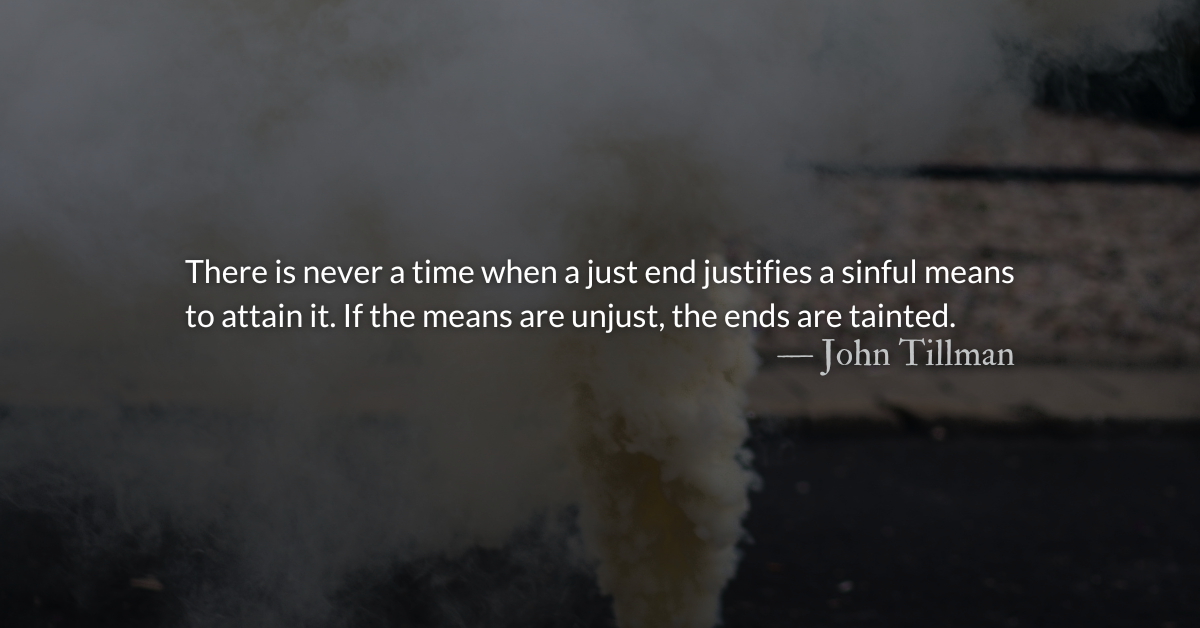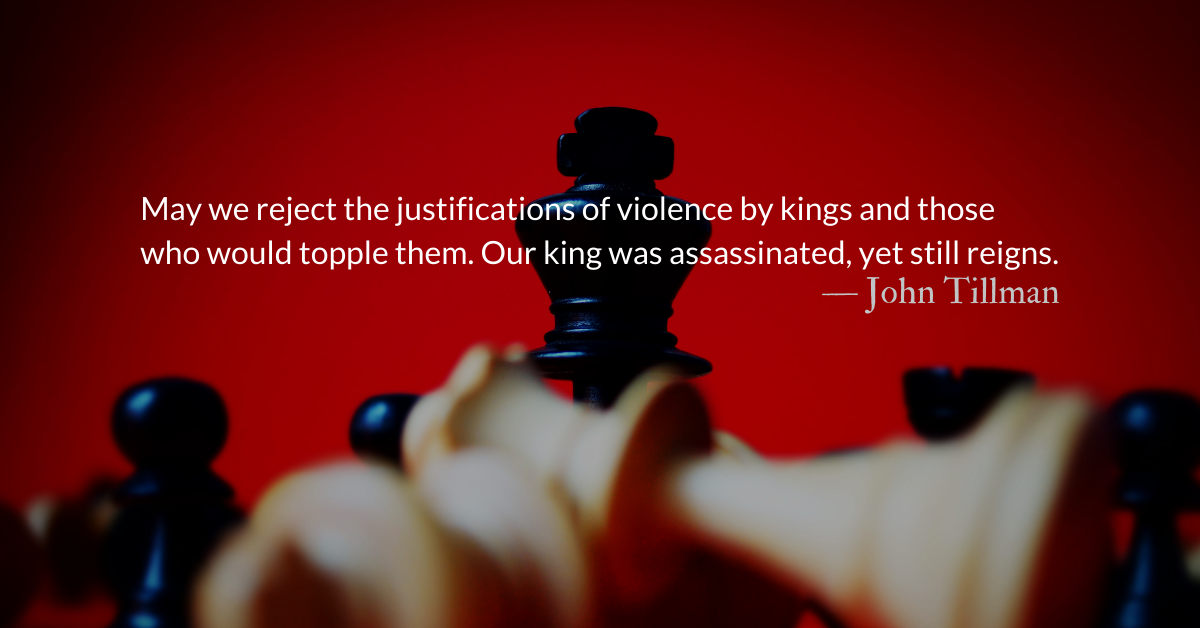Scripture Focus: 2 Kings 15.8-12
8 In the thirty-eighth year of Azariah king of Judah, Zechariah son of Jeroboam became king of Israel in Samaria, and he reigned six months. 9 He did evil in the eyes of the Lord, as his predecessors had done. He did not turn away from the sins of Jeroboam son of Nebat, which he had caused Israel to commit.
10 Shallum son of Jabesh conspired against Zechariah. He attacked him in front of the people, assassinated him and succeeded him as king. 11 The other events of Zechariah’s reign are written in the book of the annals of the kings of Israel. 12 So the word of the Lord spoken to Jehu was fulfilled: “Your descendants will sit on the throne of Israel to the fourth generation.”
From John: We return to this devotional from 2021 that may be more needed today. It is concerning that since 2021, even more Americans from every religious, political, and racial demographic have said our country is in such bad shape that we need authoritarian leaders who will “break some rules,” or we may need to resort to violence, including civil war.
“Over three in ten white evangelical Protestants (31%), along with 25% of white mainline/non-evangelical Protestants, 24% of Black Protestants, 23% of non-Christians, 23% of religiously unaffiliated Americans, 21% of Hispanic Catholics, and 20% of white Catholics agree that true American patriots may have to resort to violence…” Source: 2023 American Values Survey
Reflection: Unhealthy Patterns of Insurrection
By John Tillman
As promised, Jehu’s dynasty was the longest in Israel’s history but Zechariah, the fifth in the line, only lasted six months. Stability was not the norm in Israel. Previously, the dynasty of Omri (Ahab’s father) was the longest, lasting three generations. (There were four kings in Omri’s line but the last two were both sons of Ahab.)
Zechariah’s death kicked off a period of political instability and growing threats both inside and outside Israel. Six different kings ruled Israel during this time. Four of them were assassinated by their successors. Only one passed the throne on to his son.
Israel repeatedly resorted to rebellion—perhaps rebellion against David’s sons set a pattern. Insurrection was normalized. Assassination, rather than inauguration, was common.
Recently, speaking at Hutchmoot Homebound on “Faith, Fiction, and Christian Nationalism,” Dr. Russell Moore quoted Wendell Berry’s essay “Discipline and Hope,” published in 1972. Berry said, “The most destructive of ideas is that extraordinary times justify extraordinary measures.”
Many rebels think themselves just and their targets wicked. Many in power think themselves righteous and any resistance or critique is equivalent to wickedness. Such moral relativism is not new to politics. What is new is how completely it has overtaken some Christians.
Many people today have come to believe that the times are extraordinary enough that any measures are justified, even civil war. When convinced that situations are dire enough, any measure, any abuse, any violence, any tactic seems justified.
For Christians, it is always right to defend the weak. It is always right to rescue those crushed by the powerful. However, there is never a time when a just end justifies a sinful means to attain it. If the means are unjust, the ends are tainted.
God redeems evil acts after the fact, but he doesn’t preemptively give “hall passes” for evil as long as something good happens. Christians shouldn’t either. Good intentions don’t lead to hell, but good intentions pursued by wicked means do.
God’s purposes for our lives do not require a “Christian” government. In fact, arguably, greater kingdom work is more often done by global majority Christians living outside the cushy environment and soft-bodied sloth of the Western church.
May we pray and pursue peace. May we reject the justifications of violence by kings and those who would topple them. Our king was assassinated, yet still reigns. May he be the only king to whom we give allegiance.
Divine Hours Prayer: A Reading
Jesus went on to say, “What is the kingdom of God like? What shall I compare it with? It is like a mustard seed which a man took and threw into his garden: it grew and became a tree, and the birds of the air sheltered in its branches.” — Luke 13.18-19
– From The Divine Hours: Prayers for Summertime by Phyllis Tickle.
Today’s Readings
2 Kings 15 (Listen 6:21)
Psalms 66-67 (Listen 3:32)
Read more about The Hero We Need Isn’t Jehu
Jehu was an incomplete savior who delivered an incomplete and unsatisfying justice.
Read more about Tribalism and Insurrection
It is difficult to make peace with insurrectionists. They aren’t interested. In a world fluent in violence, when we speak of peace, it is “an unknown tongue.”









